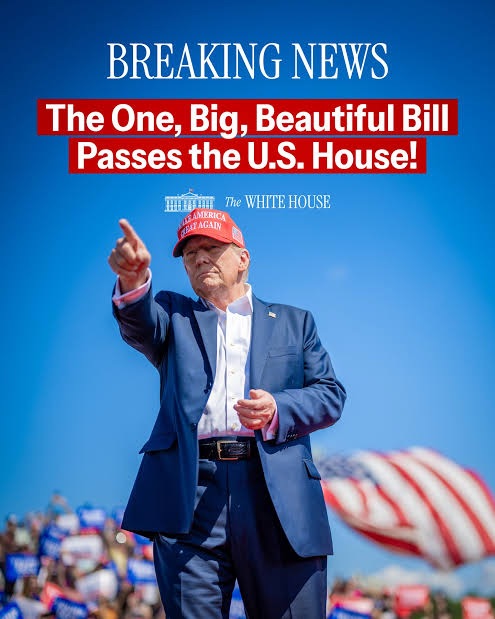A federal court on Tuesday blocked Texas from using a redrawn U.S. House map that sparked a nationwide redistricting battle and supported former President Donald Trump's efforts to maintain a slim Republican majority ahead of the 2026 elections.
This ruling serves as a temporary setback for Trump and Texas Republicans, as they attempt to alter the political landscape for the impending midterms. Texas has initiated an appeal to the U.S. Supreme Court following this decision.
The ruling, delivered by a panel of three federal judges in El Paso, concluded that the summer redrawing of congressional districts would adversely impact Black and Hispanic communities. The decision was made by U.S. District Judge Jeffrey V. Brown, a Trump appointee.
The judges stated that although political motives were present in the map's design, substantial evidence suggested racial gerrymandering as a primary factor.
This decision is part of a widening national battle over redistricting that has seen states like Missouri and North Carolina also redrawing congressional maps to favor Republicans. In response, California voters approved a ballot initiative aimed at providing Democrats with additional congressional seats.
Texas Republicans contend that their map was solely designed for partisan gain. Civil rights organizations argue that it violated the Voting Rights Act by diluting the electoral influence of minority voters.
Should the ruling hold, Texas will revert to a map drawn by Republican lawmakers in 2021, which offers a different political landscape. Advocates for voting rights view this ruling as a critical step backward for gerrymandering practices that undermine minority representation.
The judges indicated that opponents of the Texas map have a strong case, suggesting the state’s motivations were not purely political, particularly with the influence of directives from the U.S. Department of Justice concerning previous violations of the Voting Rights Act.
The final landscape will likely shift as appeals and subsequent rulings continue to emerge, raising questions about electoral fairness and representation in Congress for minority groups in Texas and beyond.





















